Posted on April 10th, 2025
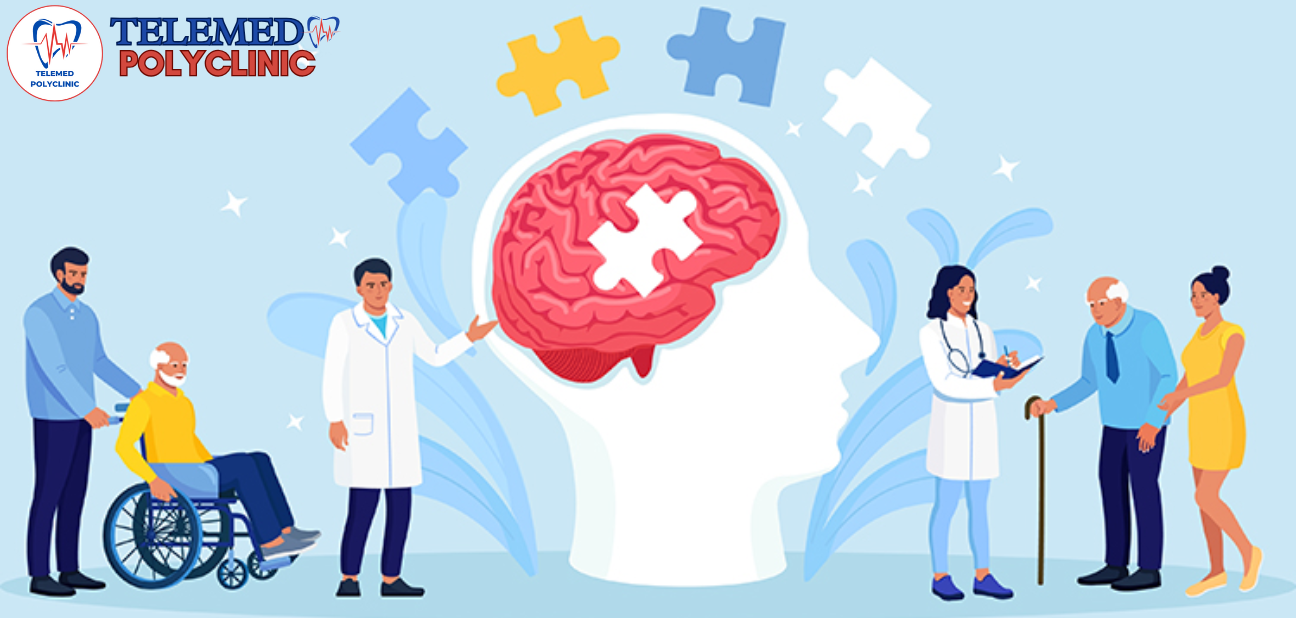
Alzheimer's disease is one of the most talked-about and researched neurodegenerative diseases today, primarily because of its profound impact on those who live with it and their families. It is the most common cause of dementia, a general term for the loss of memory, thinking, and reasoning skills. However, Alzheimer's is not just about memory loss. It's a multifaceted condition that challenges a person's ability to live independently, make decisions, and ultimately maintain a quality of life.
Alzheimer's disease is a progressive condition that slowly destroys brain cells and affects memory, thinking, and behavior. It typically starts with mild memory loss but gradually advances to the point where individuals lose the ability to perform everyday tasks. Over time, the disease leads to the death of brain cells and the shrinking of the brain, which leads to serious cognitive impairments.
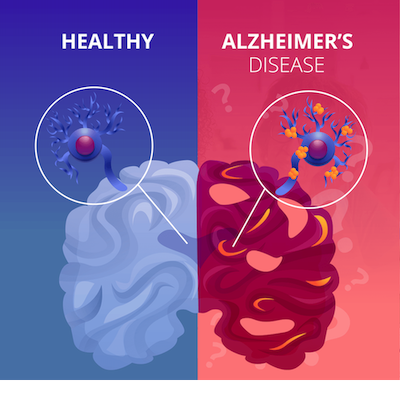
While the exact cause of Alzheimer’s is still not fully understood, it is believed to be linked to a combination of genetic, environmental, and lifestyle factors. Abnormal protein deposits called amyloid plaques and tau tangles disrupt communication between brain cells, leading to the deterioration seen in Alzheimer’s patients.
Alzheimer’s disease usually develops slowly, and symptoms often start to appear in people over the age of 65. However, younger people can also be affected by what’s called early-onset Alzheimer’s, which develops before the age of 65.
Some of the early symptoms include:
The progression of these symptoms differs from person to person. While some people may retain their independence for a longer period, others may experience rapid cognitive decline.
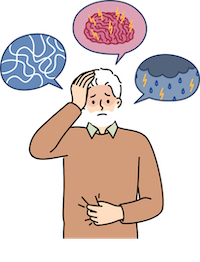
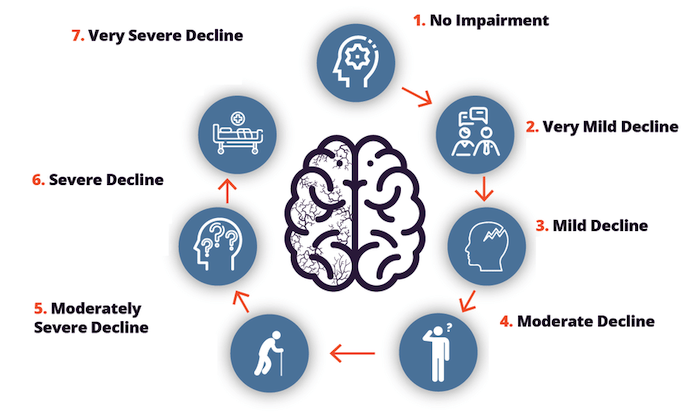
Alzheimer’s disease can be classified into three main stages: mild, moderate, and severe.
While the exact cause remains elusive, several risk factors have been identified:
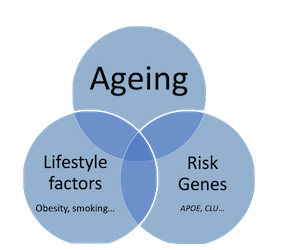
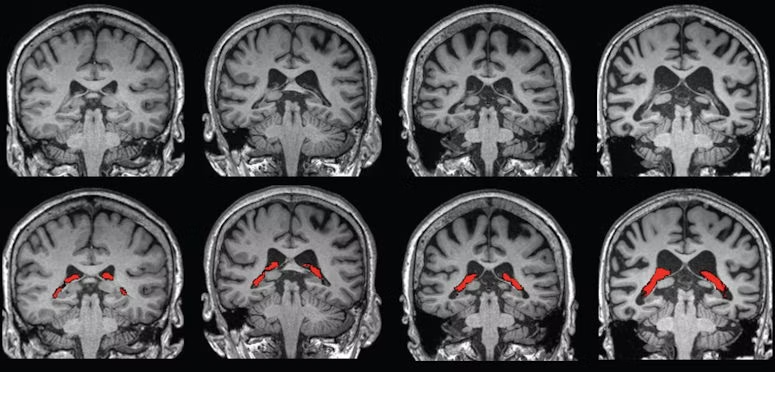
Diagnosing Alzheimer's disease is a complex process that typically includes a combination of the following:
Currently, there is no cure for Alzheimer's disease, but treatments can help alleviate symptoms and slow the progression of the disease.

While Alzheimer's disease is devastating, with early diagnosis and proper care, individuals can maintain their quality of life for some time. The disease’s progression varies from person to person, and while the symptoms become more challenging as time goes on, the goal is to ensure the patient’s safety, dignity, and comfort.
Researchers continue to explore new treatments and potential cures for Alzheimer's. Some promising areas of research include:
Despite the challenges, the increasing awareness, funding, and scientific advancements provide hope for better treatments in the future.

Alzheimer’s disease is a complex and difficult illness that impacts millions of families worldwide. Understanding the disease, recognizing the symptoms early, and supporting those affected can help manage its effects. Through continued research and advancements in medical care, we hope to unlock new ways to treat and eventually prevent Alzheimer’s, giving people with the disease and their families hope for a brighter future.